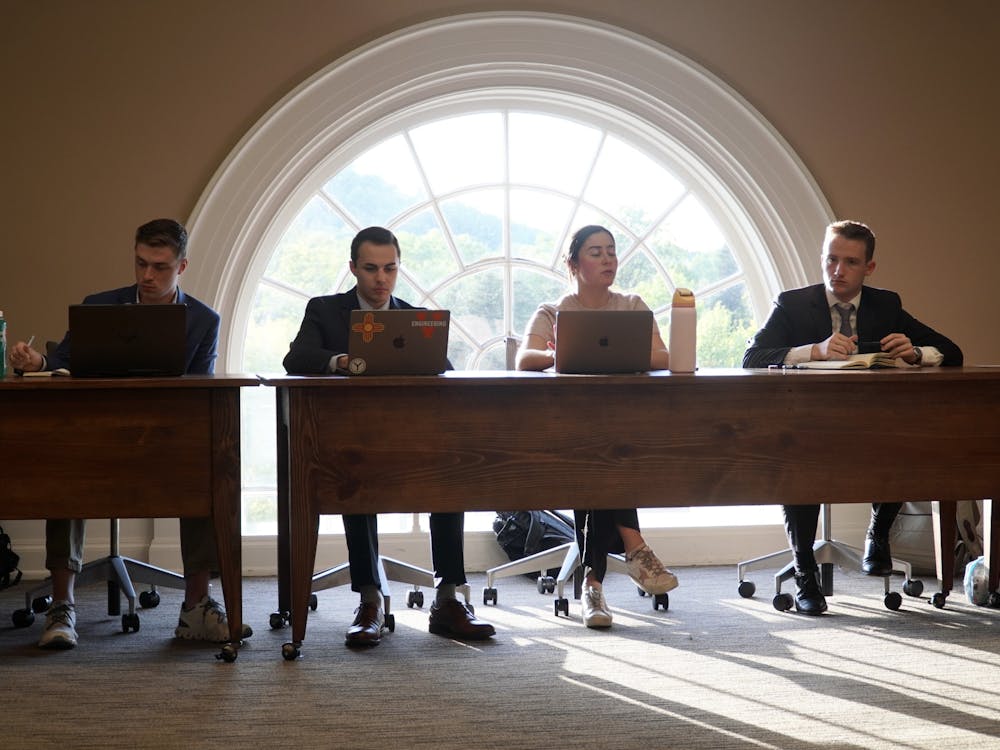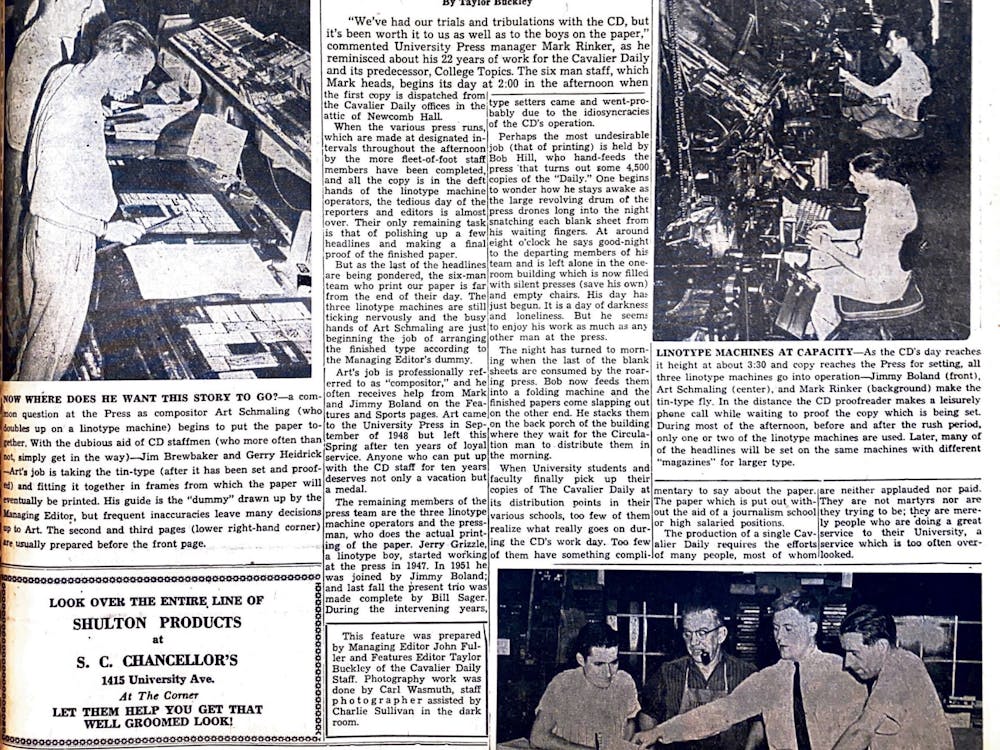The University Education School will begin offering three degrees online starting fall 2015 including an M.Ed. in reading education, M.Ed. in curriculum and instruction and an education specialist degree in reading education.
Catherine Brighton, Education School associate dean of academic programs and student affairs, said the online degrees will allow the school to reach more students, overcoming obstacles like geographic location.
The new online programs will also offer greater financial flexibility for students. For the 2015-16 school year, graduate tuition currently stands at $14,856 for in-state, full-time students, and at $24,288 for out-of-state, full-time students. Class credit rates for regular tuition are $802 per credit hour for in-state students and $1,326 per credit hour for out-of state students. New online tuition is expected to be considerably cheaper, however, and charge lower rates of $500 per credit hour for both in and out-of-state students.
Education School Dean Robert C. Pianta said he is excited for the launch of the new program. He said it will advance the fulfillment of the school’s mission of providing the best education possible for its students.
“One of the core features of our mission is delivering to educators in the field the very best and most contemporary support for their practice and decision-making,” Pianta said. “The new degree is also important because the design and delivery of an online course, when done well, forces us to think even more carefully about how students' experiences in the online environment contribute to their knowledge and skill gains.”
He also said the new degrees will help further the Education School’s institutional wisdom and effectiveness.
“Teaching online, and studying our online teaching, is a way for us to deepen our foundational knowledge and capacity in effective instruction,” Pianta said. “An online experience is well-suited to the needs of educators, who work all day in a classroom of students and its often hard for them to come to class for three hours in [the] evening. The flexibility of a fully online degree is something they really value.”
Education Asst. Prof. Stephanie Moore, an online learning coordinator, said the effort will also allow the school to cater to a more diverse population.
“The Curry School’s expansion of online offerings reflects this core value of embracing diverse learner populations and needs,” Moore said. “It allows us to serve eligible students who may not be able to move for a degree, but who bring valuable experience and perspective into the learning environment.”
Moore said the first step in creating an online program was identifying a curriculum and setting core classes that would be required of every student, then identifying focus areas that received strong interest. She said one of the major considerations was how to structure the learning timeline, and said the school ultimately decided to carry out a weekly program rather than the common self-paced method.
“People who generally use online programs are adult learners who need flexibility in their lives,” Moore said. “However, studies have shown that self-paced online programs don’t work. We decided to create the program on a weekly basis—that sort of structure tends to work really well.”
Moore said the program is already showing promising interest from prospective students and Education School alumni.
“It is clear to us that curriculum and instruction is a high demand area,” Moore said. “This program has a high degree of national interest — we’ve already seen a lot of response to the announcement of the [reading] program.”
Second-year College student Chantal Tran said that while she would not pursue an online degree and felt traditional degrees were preferable, but that it was a good policy to offer online programs.
“I think [online courses] are a good idea for people who don’t have time,” Tran said. “Personally, I wouldn’t get one, but they are a good idea. I think they are less valuable than traditional degrees. I feel like you need interaction with professors to really learn.”
First-year College student Sawan Patel also said online degrees were seen as less valuable, but said he thought that view was mistaken.
“I think online degrees are a great idea,” Patel said. “It’s a lot cheaper, a lot more efficient, and you learn the same stuff. It’s definitely less valuable in the eyes of an employer, but it shouldn’t be. No, I wouldn’t want to get an online degree myself.”





